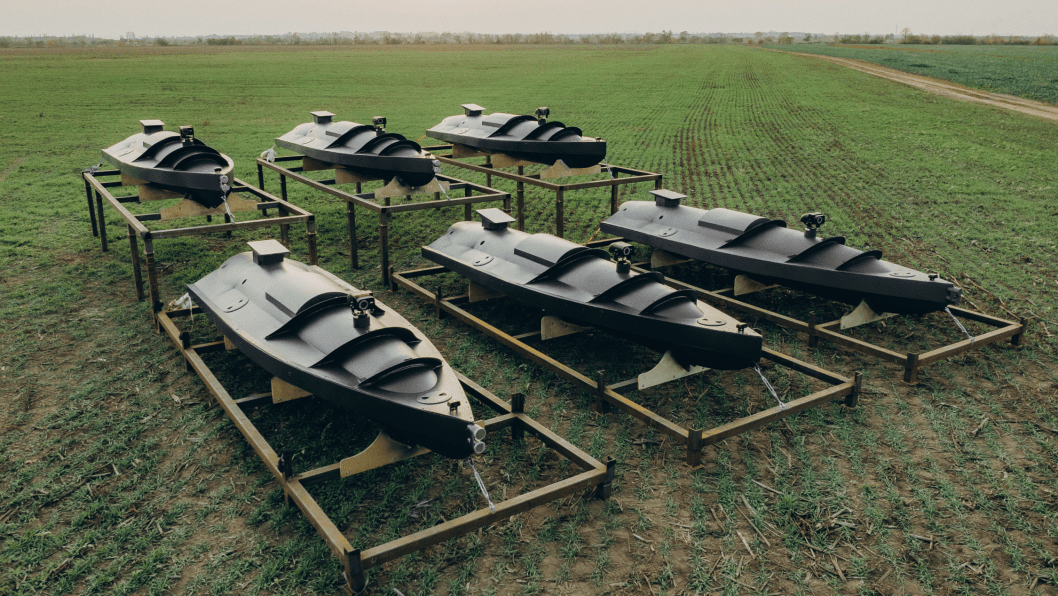As tensions rise along NATO’s eastern flank, German Defense Minister Boris Pistorius has underscored Germany’s readiness to defend NATO territory in the event of a Russian attack.
“If deterrence doesn’t work and Russia attacks, is it going to happen? Yes,” he said. “But I would recommend that you simply go to Vilnius and talk to the representatives of the German brigade there. They know exactly what their job is.”
German Defense Minister Boris Pistorius said Germany is prepared to defend NATO territory by force if necessary, as Berlin accelerates its military overhaul in response to Russian aggression.
In an interview with the Financial Times, Pistorius called on arms producers to meet demand. “There is no reason to complain any more,” he said. “The industry knows perfectly well that it is now responsible for delivering.”
Berlin plans to raise defense spending to €162 billion by 2029. Pistorius said delays on the industry side persist: “Unfortunately, we still experience delays in individual projects… which I then have to account for.”
He noted Germany had already supplied Ukraine with three Patriot systems but could not give more. “We only have six left in Germany… That’s really too few,” he said. Instead, Berlin is pushing to buy two new Patriots from the US for Ukraine.

US President Donald Trump confirmed he is considering allowing NATO allies to transfer Patriot systems: “I haven’t agreed on the number [of Patriots] yet, but they are going to have some.”
Germany will not send Taurus missiles to Ukraine, Pistorius confirmed. He also rejected EU-level defense borrowing: “Eurobonds mean that those who have already done or are doing their homework pay for what others don’t do.”
The ministry is working on long-term procurement covering tanks, submarines, drones, and jets. “We need a system that renews itself through continuous deliveries,” Pistorius said.
On drones, he added, “The armed forces only receive ‘state of the art’ products,” and promised support for industry, including advance payments.
Pistorius said the public increasingly supports rearmament and military service. The deployment of a German brigade in Lithuania signals a deeper NATO commitment. “And today, Lithuania, the Baltic states, Poland are the eastern flank and we must make a contribution there.”
“I’ve always been convinced that if you want to talk about peace and détente on equal terms, you can only do that from a position of strength,” he said. “That is still true today.”
Earlier, German Chancellor Friedrich Merz declared that “diplomatic means are exhausted” in efforts to end Russia’s war against Ukraine, signaling a hardened stance following what Kyiv described as the largest Russian air assault since the start of the full-scale invasion.
Merz reaffirmed Germany’s support for Ukraine, while Defense Minister Boris Pistorius announced €1.9 billion in additional military aid, bringing Berlin’s total military assistance to around €9 billion.

Donate Towards Robots, as Well as Other Military Equipment and Supplies to Help Ukraine’s Defenders Fight Off Russian Invaders
Related articles
